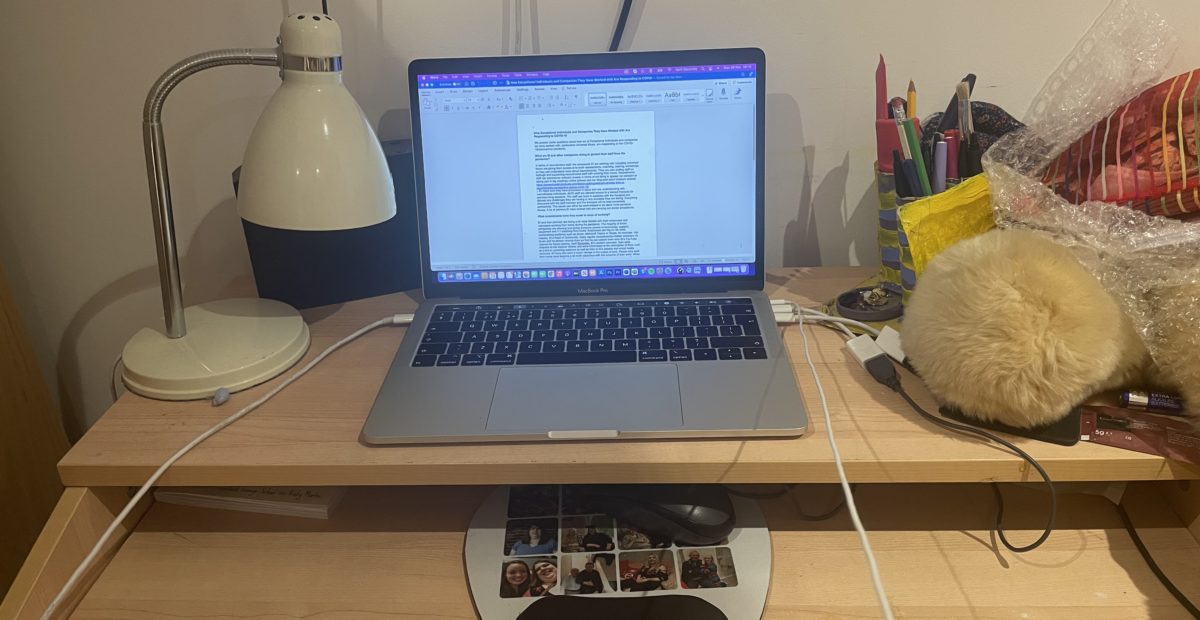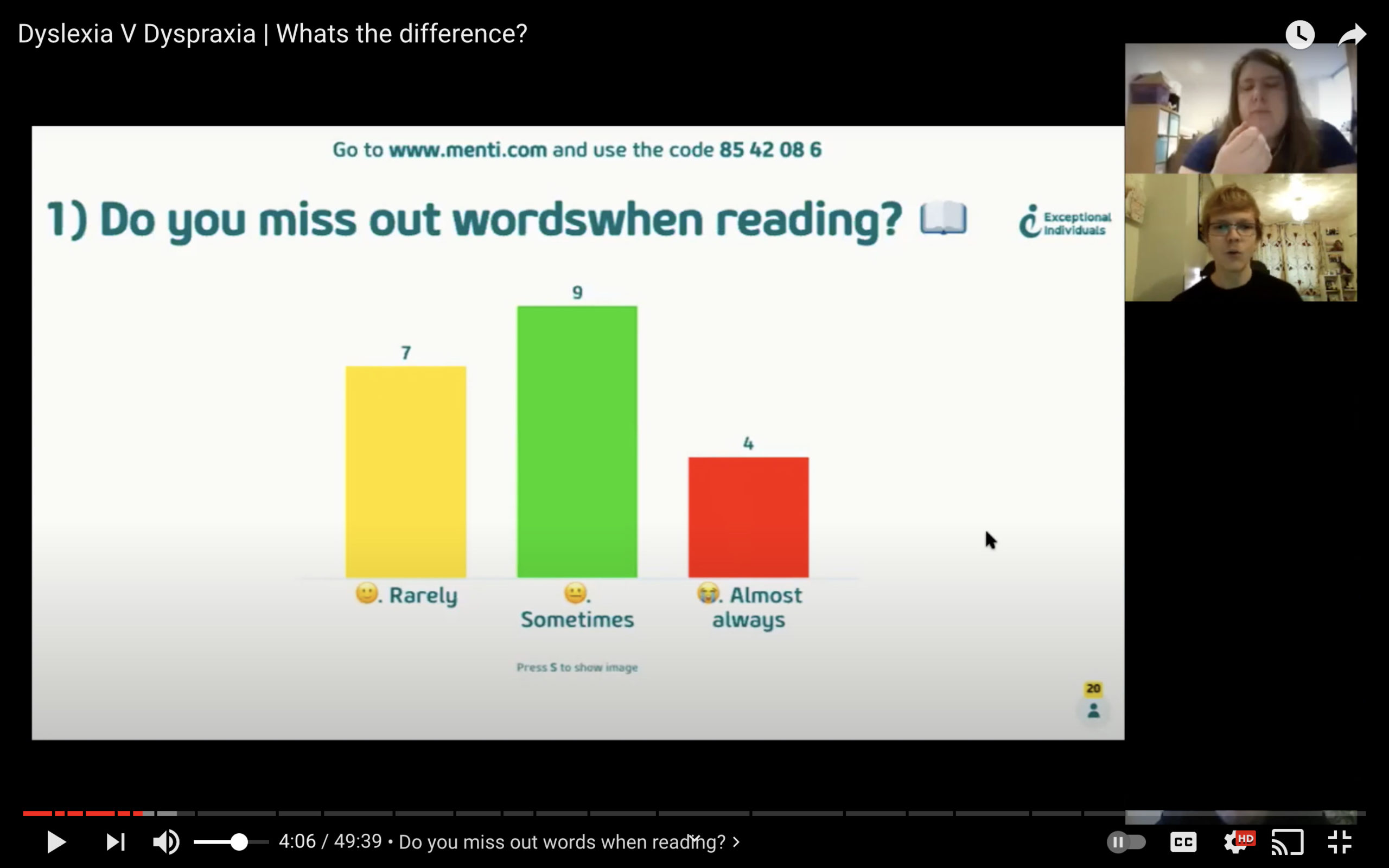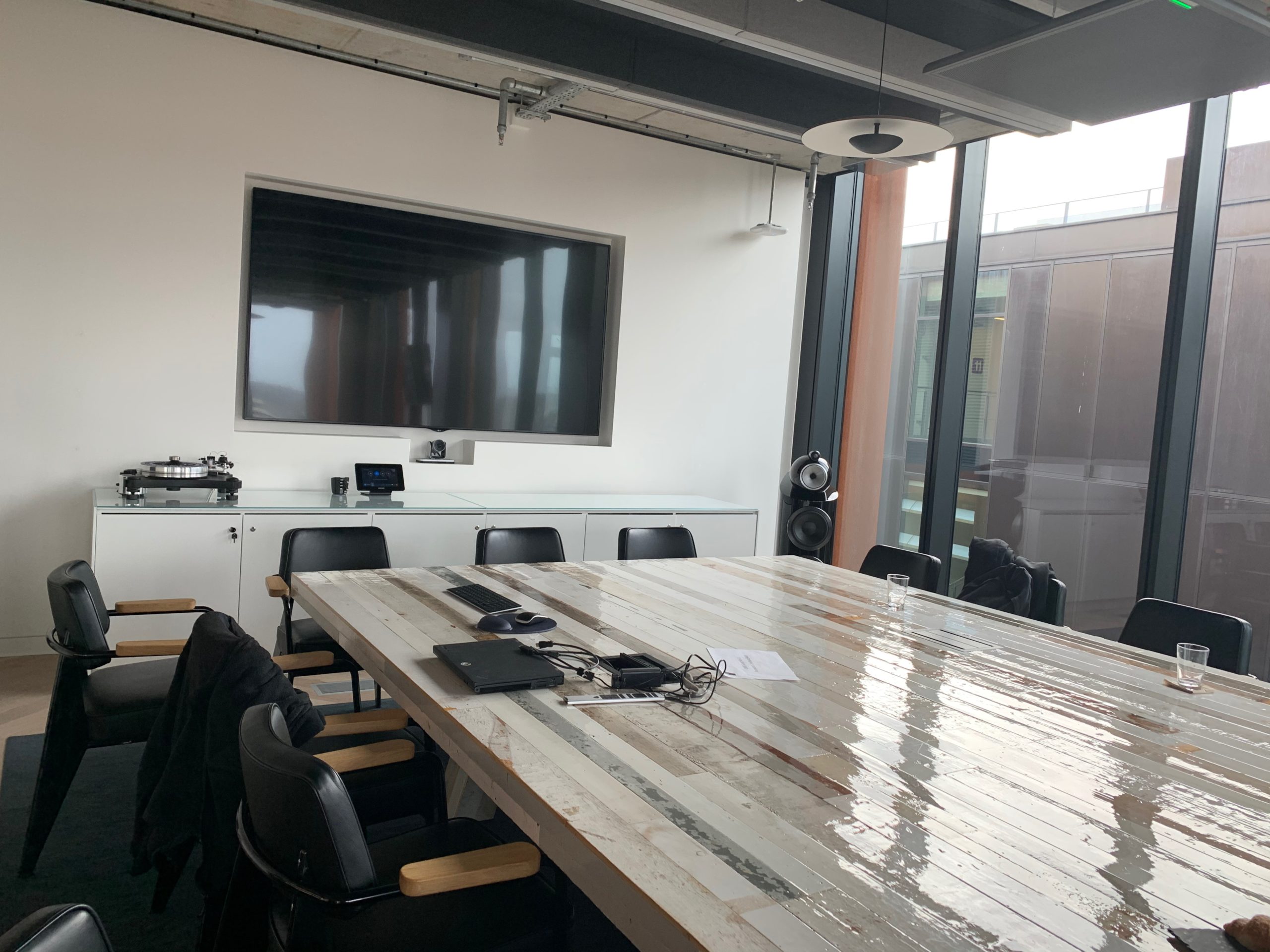How Exceptional Individuals and Companies They Have Worked with Are Responding to COVID-19

Featured image by April Slocombe
Blog post updated on 15th March 2022.
We answer some questions about how we at Exceptional Individuals and companies we have worked with, particularly Universal Music, are responding to the COVID-19/coronavirus pandemic.
What are EI and other companies doing to protect their staff from the pandemic?

Image by ANTONI SHKRABA, Pexels.com
In terms of neurodiverse staff, the companies EI are working with including Universal Music are giving them access to in-work assessments, coaching, training, workshops so they can understand more about neurodiversity. They are also putting staff on furlough and supporting neurodiverse staff with working from home. Neurodiverse staff can experience webcam anxiety in terms of not liking to appear via webcam or taking part in big meetings online (please see our blog post about webcam anxiety).
EI make sure they have processes in place and are understanding with neurodiverse individuals. All EI staff are allowed access to a trained therapist for one-hour-long sessions. The staff can book in sessions with the therapist and discuss any challenges they are having or any anxieties they are facing. Everything discussed with the staff member and the therapist will be kept completely confidential. The issues can either be work-related or be about more personal issues. A lot of partners EI have worked with are carrying out similar procedures.
What amendments have they made to ways of working?

One of many webinars that Nat Hawley hosts. This webinar is about dyslexia versus dyspraxia
EI and their partners are being a lot more flexible with their employees and volunteers working from home during the pandemic. The majority of these companies are allowing and giving everyone access to technology, support, equipment and 1:1 coaching from home.
Employees can log on via video conferencing platforms such as Zoom, Microsoft Teams or Skype, for example. Nat Hawley, EI’s Head of Community, hosts regular neurodiversity-related webinars via Zoom and he always records them. April Slocombe, EI’s content volunteer, also records the webinars; edits them; uploads them to EI’s YouTube channel; adds chapters to them; and adds extra information to the description of them, such as a link to upcoming webinars as well as links to EI’s website and social media accounts.
EI have also seen a major change in the output of work. People who work from home have become a lot more conscious with the outcome of their work. When people work in an office, they can follow routines such as going for tea or coffee breaks; however, if people who work from home follow these routines, some may wish to still follow them such as having a tea or coffee break in a separate area from where they work, for example, while others may think that carrying out these routines at home is a waste of time.
Staff who currently work remotely for EI are currently communicating with each other through Skype’s instant messaging feature by saying things such as when they start their work for the day, when they have lunch and when they finish for the day.
How are the companies ensuring their staff are staying happy and healthy during this time?

The meeting room in the Universal Music Group HQ in King’s Cross, London. Image by April Slocombe.
Universal Music, for instance, are ensuring their staff have access to lots of different support mechanisms. They have changed the way that EI’s workshops for neurodiverse people are delivered to make sure they are a lot more interactive, online, and include everyone in the sessions because when EI include everyone in their sessions face to face, it is a lot more natural.
EI have redesigned their workshops by allowing participants to use both their mobile phones and laptops or desktop computers so that they can watch the presentation on their laptops or desktop computers and answer questions on their mobile phones. The use of technology makes the workshops more interactive and inclusive for those who participate in them as well as more anonymous and personal.
People who work from home alone are engaged with interacting with others whilst taking part in the online workshops. Physical workshops are usually 3 hours long, whereas the online ones are an hour and a half because 3 hours in front of the computer without a break can be too much for some people.
EI make sure their neurodiverse staff have access to contacting them on their helpline, workplace needs assessments, coaches, training. They are also aware that neurodiverse people are facing lots of challenges whilst working from home.
How are the companies making adjustments for neurodiverse people?

Image by fauxels, Pexels.com
Besides running workshops, workplace needs assessments, training and coaching, the companies have characteristic tests that people can take to see if they have neurodivergent characteristics. Universal Music have also made a guidebook for neurodiverse people in the workplace.
We would like to thank Matt Boyd, the founder of Exceptional Individuals, for his time to provide an audio recording for this blog post. The screenshot of the Dyslexia V Dyspraxia is from this YouTube video:




